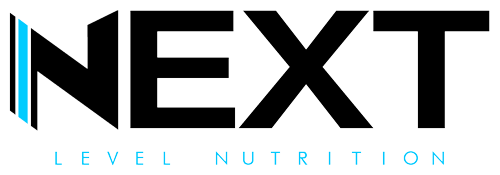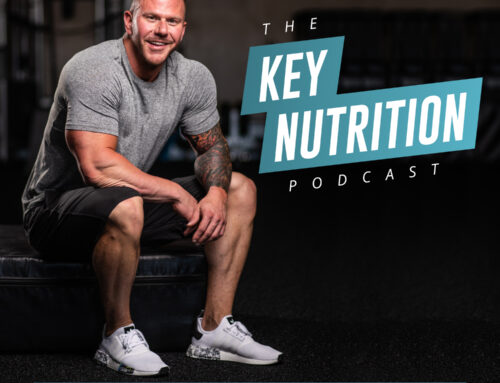In today’s digital age, the internet is overflowing with fitness advice. From Instagram influencers to YouTube fitness gurus, there’s no shortage of information. However, this abundance can be a double-edged sword. How do you differentiate the good advice from the misleading? And once you find reliable information, how do you effectively incorporate it into your fitness journey? I’m here to break it down for you so you can navigate fitness advice with confidence.
Sifting Through the Noise: Identifying Real Advice
- Check the Credentials: Anyone can claim to be a fitness expert online. Look for individuals with credible certifications from recognized organizations. Accredited personal trainers, registered dietitians, and medical professionals typically offer advice based on scientific evidence. Also look for those who have been in the game a long time and have a lot of experience.
- Beware of Quick Fixes: Be wary of advice that promises rapid, dramatic results with minimal effort. Fitness and health are about consistent, sustainable practices, not overnight miracles.
- Look for Evidence-Based Information: Good fitness advice is often backed by scientific research. Trusted sources will reference studies or use data to support their recommendations.
- Avoid One-Size-Fits-All Solutions: Fitness is highly personal. What works for one person may not work for another. Be cautious of advice that doesn’t consider individual differences in body types, fitness levels, and goals.
Applying Online Fitness Advice Effectively
Once you’ve found trustworthy advice, the next step is applying it to your routine. Here’s how:
- Start Slow: Implement new advice gradually. If you’re trying a new workout routine, start at a lower intensity to see how your body reacts.
- Listen to Your Body: Pay attention to how your body responds to changes in your exercise or diet. Discomfort is normal, but pain is a sign that something’s wrong.
- Set Realistic Goals: Use the advice to set achievable goals. If a fitness blogger runs 10 miles a day, but you’re new to running, start with shorter distances.
- Track Your Progress: Keep a journal or use an app to monitor your progress. This can help you determine if the advice you’re following is effective or leads to good results.
- Stay Informed: Keep learning. Fitness and health are dynamic fields with continuous research and evolving best practices.
Conclusion
The world of online fitness advice is vast and varied. Find someone you trust and incorporate their advice slowly to see if it brings results. Lucky for you, I just launched my membership site where you get access to all sorts of good evidence and experienced based content and advice. It’s called The Key Collective. We don’t promote one-size-fits-all solutions and have exercise routines for all skill levels. If you’re interested in this, join our membership today!
Remember, fitness is a personal journey, and what matters most is finding the right path for you. Stay curious, stay cautious, and let the journey to a healthier you be an informed and enjoyable one.








